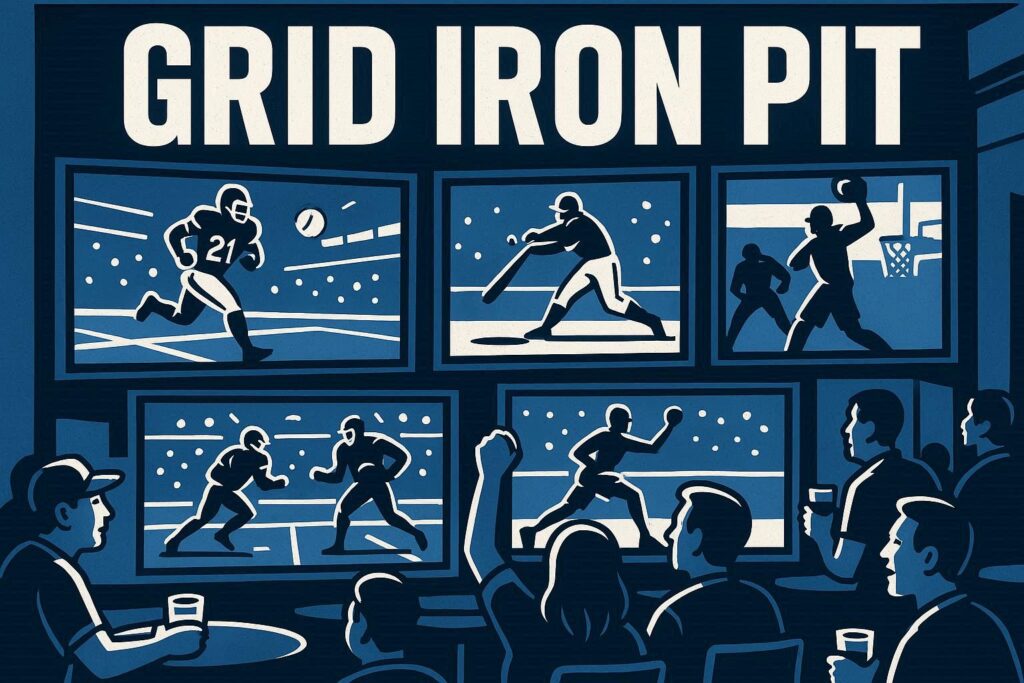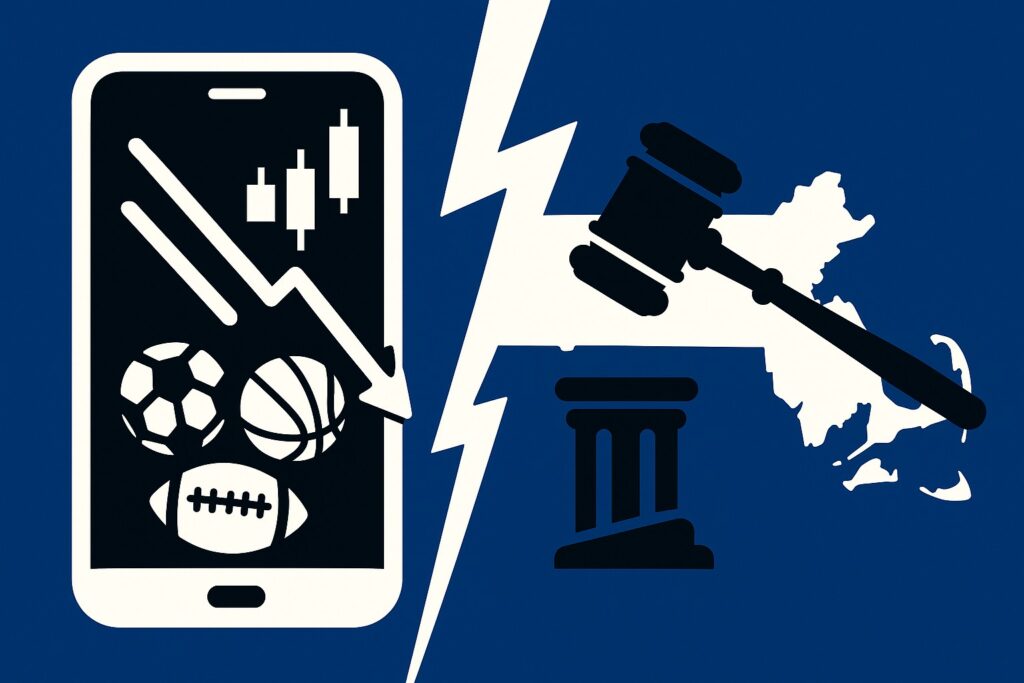Pennsylvania is one of the most lucrative markets in the United States for online gambling, and a new resolution aims to increase scholarship in the commonwealth on how gaming impacts the commonwealth’s population. HR 60 has received approval from the Pennsylvania House of Representatives and requires the Pennsylvania Joint State Government Commission (PJSGC) to perform a study on the effects of gaming.
The resolution contains specific areas of emphasis that the PJSGC would focus on in the study, like the exposure of underage persons to gaming and recommendations for regulations to reduce the incidence of problem gambling. The resulting findings could drive policy for many aspects of the entertainment industry in the commonwealth, including sweepstakes-based casino-style games online.
HR 60 adds gambling to commission’s study requirements
HR 60 received approval from the Pennsylvania House on May 14. Because the House has the authority to unilaterally demand studies from the PSJGC, the Pennsylvania Senate and Pennsylvania Gov. Josh Shapiro are not necessary to enact the resolution.
The PJSGC is the Pennsylvania General Assembly’s “primary non-partisan research organization.” To date in 2025, it has produced reports on the short-term rental market in Pennsylvania, the disclosure of information at state-related universities, and more.
HR 60 adds to that workload, giving the PJSGC a year to produce a study on gaming in Pennsylvania. The report aims to give legislators more information to use in crafting policy to protect vulnerable populations from harms associated with gambling.
As HR 60 reads, “the Pennsylvania Race Horse Development and Gaming Act contains numerous provisions evidencing the intent of the General Assembly to protect against gambling problems and to prohibit licensed entities from further injuring residents of this commonwealth suffering from gambling addiction through the licensed gaming operations.”
The resolution suggests some areas that could be the first targets for additional or altered statutes.
Potential new restrictions for gaming licensees
HR 60 mandates that the study include information on four facets of the regulated gaming industry in Pennsylvania.
- Bonus offerings
- Marketing strategies
- Recommendations for regulations to reduce problem gambling frequency
- Suggestions for gaming employee training
Depending on the findings of the report, proposals for new limits around when and how gaming companies can market themselves might surface in Harrisburg. New rules might tighten the language that gaming companies can use in their promotions as well.
Proposals along these lines have surfaced in other US markets, most prominently affecting advertisements and promotions for legal sportsbooks. For example, New York A 7962 would ban sportsbook advertisements during game broadcasts and bar the use of language like “bonus” in such marketing when permissible.
While HR 60 mentions sports wagering multiple times, it does not limit the scope of the study to that gaming vertical. The findings of the study could have an impact on other verticals, such as Pennsylvania’s continued debate over “skill games.”
Report could address regulation of skill games in Pennsylvania
The hottest issue in gambling across Pennsylvania in recent years has been the legality (or lack thereof) of “skill games.” These are gaming terminals that Pennsylvania businesses offer to customers, which resemble slot machines in form and function.
Proponents have argued that the terminals are an important source of revenue for the businesses. Additionally, the supporting pitch claims that because the outcomes of the games are based on skill and not chance, they do not fit the definition of gambling in Pennsylvania.
Opponents like the commonwealth’s licensed casinos counter that the resemblance to slot machines harms their businesses. There have been numerous court cases in Pennsylvania to force companies that install, house, and maintain the terminals to either abide by the same set of rules that casinos comply with or exit Pennsylvania.
Such litigation has not yet provided a definitive answer to the legality of the terminals, and efforts by the legislature to answer the question have proven unsuccessful as well. The latest attempt, SB 756, is under consideration by the Pennsylvania Senate currently.
Whether the PJSGC addresses “skill gaming” in its report, and how that part of the study reads, could influence the future of that industry in Pennsylvania. The same goes for sweepstakes website operators.
PJSGC’s study could increase awareness of gaming-related entertainment options
While the Pennsylvania Gaming Control Board (PGCB) has taken action on the matter of the operation of sweepstakes-based, casino-style online games in the commonwealth, the issue has been minimal in the General Assembly. This PJSGC might change that.
In April, the PGCB shared information about such websites with members of the House Gaming Oversight Committee, including that it had sent cease-and-desist orders to the operators of 18 such enterprises. The PGCB representative stated that current statutes limited the PGCB’s powers in enforcing gambling laws against sweepstakes-based games.
During the hearing, PGCB counsel characterized such games as illegal gambling, but added that it is incumbent upon prosecutors in Pennsylvania to bring charges against operators. Counsel referenced unsuccessful attempts to regulate “skill games” to demonstrate the need for additional or modified statutes on sweepstakes.
Combined with data and/or recommendations in the PJSGC report, the call for such statutes in Pennsylvania could gain momentum. HR 60 makes no mention of skill games or sweepstakes, so the level of inclusion for both verticals could fall to PJSGC staff.
On that subject, PJSGC Executive Director Glenn Pasewicz told Comped that, “We typically have some discretion on the boundaries. The first priority is to address the topics listed in the resolution. Sometimes, through research and talking to experts, we identify other areas that could be included. We won’t move too far afield, especially if doing so would distract from the focus or lengthen the timelines.”
Even if the initial report does not touch on the presence of sweepstakes games in Pennsylvania, HR 60 could set a precedent for future studies on gambling. At minimum, Pennsylvania legislators will have new gaming-related data and recommendations to consider over the next year.




